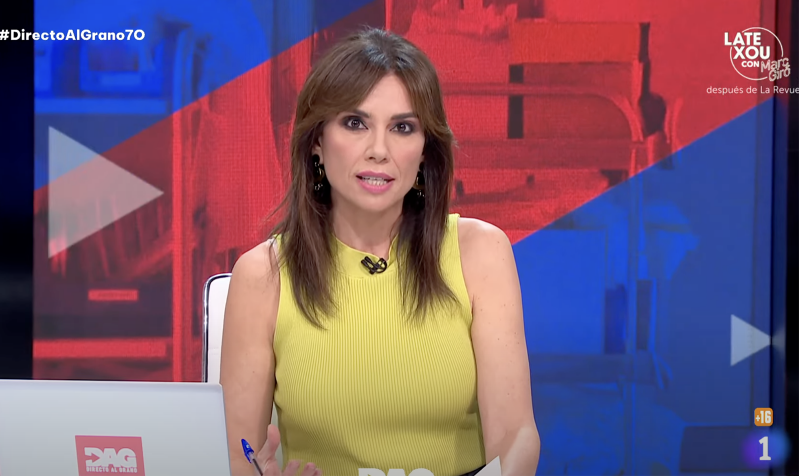
Spain’s public broadcaster RTVE has apologized for a program that described the growth of evangelical churches as “worrying” and portrayed them as “dangerous,” promising to handle religious issues with “the utmost care” following a wave of complaints from evangelical organizations and viewers.
According to a report by Evangelical Focus, the controversy began after the Sept. 22 episode of RTVE’s afternoon program Directo al Grano aired a segment that singled out evangelical churches, using footage of congregations without consent and presenting them in a negative light. The show referenced a pastor who was not representative of the wider evangelical community in Spain.
The segment prompted widespread criticism from individuals and evangelical bodies, including the Federation of Religious and Evangelical Entities of Spain (FEREDE), which filed a formal complaint with the RTVE management.
Beatriz Ariño, the audience ombudswoman for RTVE, acknowledged viewers’ concerns and apologized in a letter sent to those who had complained. “We are very sorry for your disappointment, and we fully understand your anger,” she wrote, according to Evangelical Focus.
Ariño cited RTVE’s internal mandate, which prohibits discrimination on the basis of religion and instructs journalists to avoid prejudice and bias when addressing matters of belief. She said the broadcaster had “taken note of the mistake.”
The Directo al Grano team admitted that the segment was pulled after producers realized it incorrectly referred to “the evangelical Church” instead of to “false pastors or cults.” In a later broadcast, presenter Marta Flich issued an on-air correction:
“Last week, we ran a headline warning about the worrying growth of the evangelical Church in Spain. We would like to clarify that we were talking only about the spread of cultish messages by some pastors acting on their own, not about the evangelical Church as a whole, which has been in our country for 150 years. We apologize to any viewers we may have offended, acknowledge the error, and will treat issues related to religious freedom with the utmost care.”
In an earlier opinion piece published by Evangelical Focus, journalist and Protestante Digital director Daniel Hofkamp said the episode reflected “a biased and manipulated view of the reality of evangelicalism in Spain.”
Hofkamp noted that several major media outlets had recently reported on the growth of evangelical churches, often misunderstanding their language and traditions. “Media discourse is not free from prejudice towards evangelical Christians,” he wrote, “whether inherited from the Catholic tradition—which previously described Protestants as ‘heretics’—or from new prejudices that paint evangelicals with political or esoteric overtones.”
He warned that such coverage risks stigmatizing a growing faith community that now represents one of Spain’s largest religious minorities. “What a pastor declares is taken as representative of the entire evangelical reality,” Hofkamp wrote, “without consulting more authoritative or expert voices, such as the Spanish Evangelical Alliance or FEREDE.”
He pointed out that Spain’s evangelical community, which has grown steadily in recent decades—partly through immigration from Latin America—has often reported being misunderstood or misrepresented in mainstream media.
Hofkamp argued that the RTVE controversy marked “the culmination of a gradual media stigmatisation” and urged Spanish journalists to apply the same rigor and respect when covering evangelicals as they would for any other faith. “The Spanish public broadcaster would do well to consider whether this is the way it wants to inform its viewers,” he concluded.





